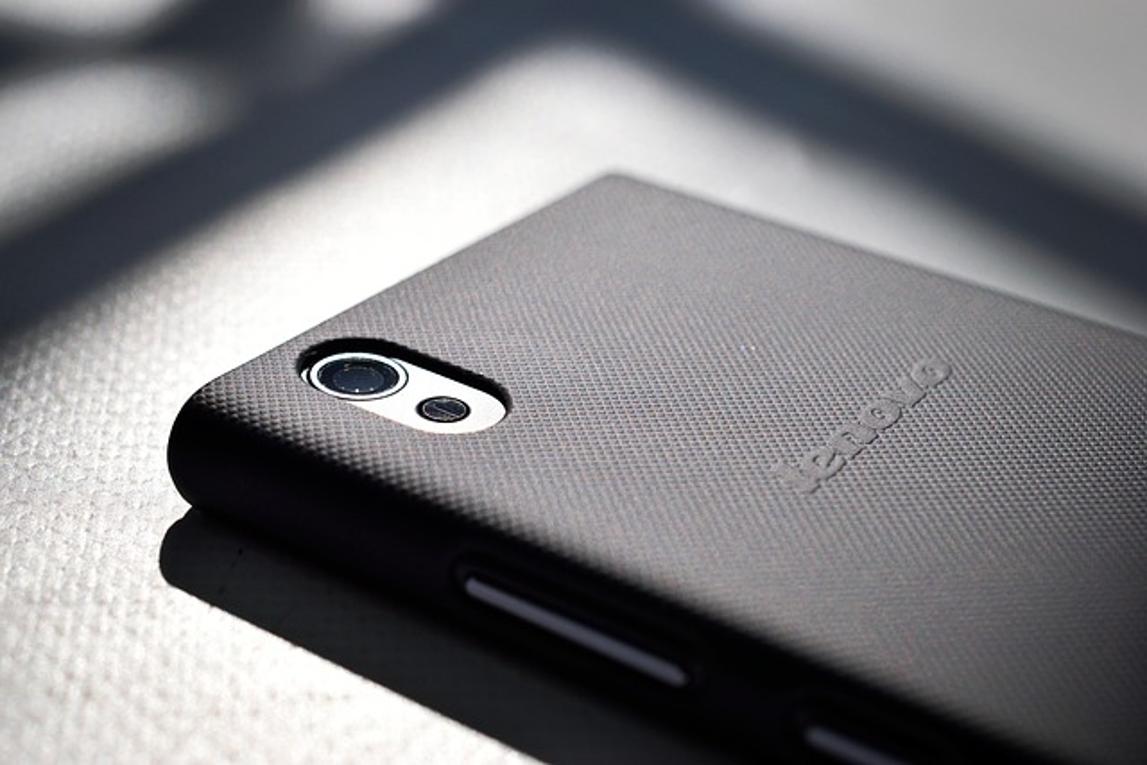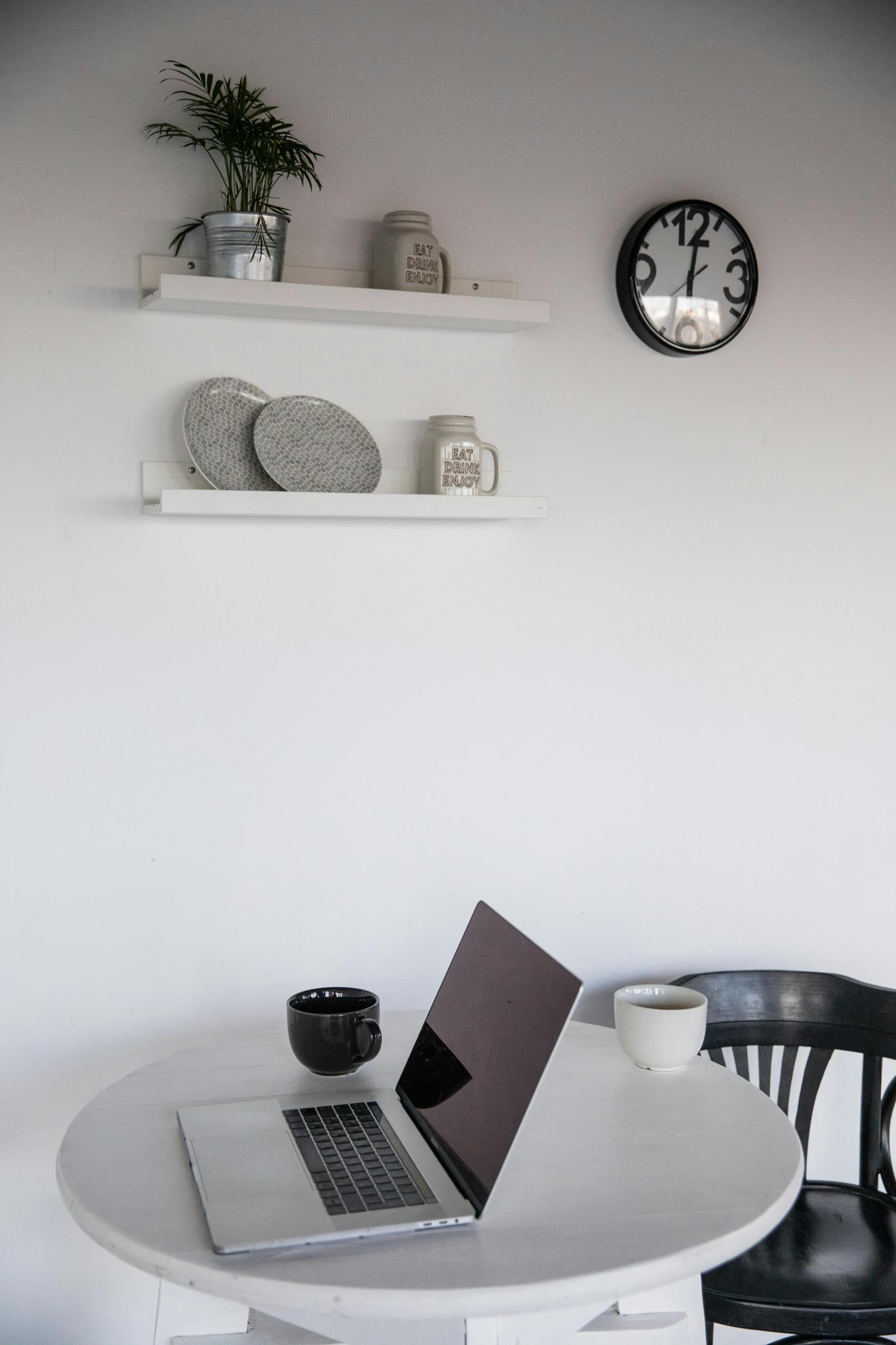Why is My Lenovo Laptop Extremely Hot? Understanding and Solving Overheating Issues
Introduction
Excessive heat can be a significant problem for your Lenovo laptop, affecting its performance and lifespan. Overheating can slow down processes, cause random shutdowns, and potentially lead to permanent hardware damage. Understanding the reasons why your Lenovo laptop is extremely hot and finding effective solutions can help maintain optimal performance and longevity. Let's delve into the common causes of laptop overheating, how to monitor your laptop's temperature, and practical steps you can take to cool down your Lenovo device.

Common Causes of Overheating
Several factors can contribute to your Lenovo laptop's excessive heat, ranging from environmental conditions to internal hardware issues.
- Dust and Debris: Accumulation of dust and debris inside the laptop can block airflow, reducing the cooling efficiency and leading to overheating.
- Malfunctioning Cooling System: If the fans or cooling mechanism is damaged or clogged, heat cannot dissipate effectively, causing the laptop to overheat.
- High Ambient Temperatures: Using your laptop in a hot environment can make it challenging for the cooling system to maintain an optimal temperature.
- Intensive Processes: Running heavy applications or multiple programs simultaneously can lead to your CPU and GPU generating excessive heat.
- Poor Ventilation: Operating your laptop on soft surfaces like beds and sofas can block air vents, impeding airflow and causing overheating.
- Old Thermal Paste: The thermal paste between the CPU and heat sink might dry out over time, leading to inefficient heat transfer.
Understanding these common causes is the first step towards addressing and resolving overheating issues.

How to Monitor Your Laptop's Temperature
Monitoring your laptop's temperature enables you to spot overheating issues before they cause serious damage. There are several tools at your disposal to keep an eye on temperature levels.
- Built-in Tools: Some Lenovo laptops come with built-in software that allows you to monitor system performance, including temperature.
- Third-Party Software: Use reliable programs like HWMonitor, Core Temp, or SpeedFan to get real-time data on your laptop's temperature.
- BIOS Settings: Accessing the BIOS menu during startup can provide information about the internal temperature of your laptop.
Regular monitoring can help you detect unusual spikes in temperature and take timely action to prevent overheating.
DIY Solutions to Cool Down Your Lenovo Laptop
If your Lenovo laptop is overheating, don't panic. There are several do-it-yourself methods you can adopt to cool it down and improve its performance.
- Clean the Vents and Fans: Use a can of compressed air to blow out dust and debris from vents and fans. Cleaning the internal components can significantly improve airflow.
- Elevate Your Laptop: Use a laptop stand to elevate your device and ensure proper air circulation. This prevents blockage of ventilation slots.
- Apply Fresh Thermal Paste: If you're comfortable opening your laptop, consider applying new thermal paste to the CPU and GPU. Make sure to use high-quality thermal paste.
- Optimize Software Settings: Disable unnecessary startup programs and background applications to reduce CPU load. Lowering screen brightness and adjusting power settings can also help.
- Use a Cooling Pad: Invest in a good quality cooling pad with additional fans to enhance cooling efficiency and dissipate heat more effectively.
Implementing these DIY solutions will help keep your laptop cooler and running smoothly.
Advanced Troubleshooting Steps
If DIY methods don't resolve the overheating issue, you may need to take more advanced troubleshooting steps. These measures may require some technical know-how.
- Update BIOS and Drivers: Ensure your BIOS and system drivers are updated to their latest versions. Outdated drivers can cause hardware inefficiencies leading to overheating.
- Check for Malware: Malware and viruses can strain your CPU by running unwanted processes. Perform a thorough antivirus scan to clean any infections.
- Replace Faulty Fans: If the internal fans are malfunctioning, they may need to be replaced. Consult a professional if you're not comfortable doing it yourself.
- Upgrade Hardware: Consider upgrading your laptop's RAM or replacing the hard drive with an SSD to reduce the load on the CPU.
Using these advanced steps can provide a more permanent solution to your overheating problems, ensuring long-term performance and reliability.
Preventive Measures for Future Overheating
Preventing overheating is always better than addressing it after it occurs. Here are some preventive measures to ensure your Lenovo laptop stays cool.
- Regular Maintenance: Schedule regular cleanings of your laptop's internal and external components.
- Optimal Placement: Always use your laptop on hard, flat surfaces to avoid blocking ventilation ports.
- Environmental Control: Use your laptop in a cool, well-ventilated area to help the cooling system function efficiently.
- Software Optimization: Regularly check for system updates and remove unnecessary programs to keep the processor workload to a minimum.
By implementing these preventive measures, you can significantly reduce the risks of your laptop overheating and prolong its lifespan.

Conclusion
Addressing the root causes of overheating can help you maintain your Lenovo laptop's performance and longevity. Whether it's dusty vents, running too many applications, or an aging cooling system, identifying and solving these problems is crucial. Regular maintenance, proper usage habits, and timely troubleshooting can go a long way in keeping your Lenovo laptop cool and efficient. Taking proactive steps can prevent overheating issues from arising in the first place.
Frequently Asked Questions
What should I do if my Lenovo laptop is overheating?
If your Lenovo laptop is overheating, start by cleaning the ventilation ports and fans using compressed air. Ensure the laptop is placed on a hard, flat surface to enhance airflow. Additionally, consider reducing the number of running applications and updating your system's BIOS and drivers.
Can overheating damage my Lenovo laptop?
Yes, prolonged overheating can cause significant damage to your Lenovo laptop. It can lead to hardware malfunction, reduced performance, unexpected shutdowns, and in extreme cases, permanent damage to vital components like the CPU and GPU.
How often should I clean my laptop to prevent overheating?
It's advisable to clean your laptop's vents and internal components every 3 to 6 months to prevent dust buildup. If you use your laptop in a dusty or high-temperature environment, more frequent cleaning may be necessary to maintain optimal airflow and cooling efficiency.



